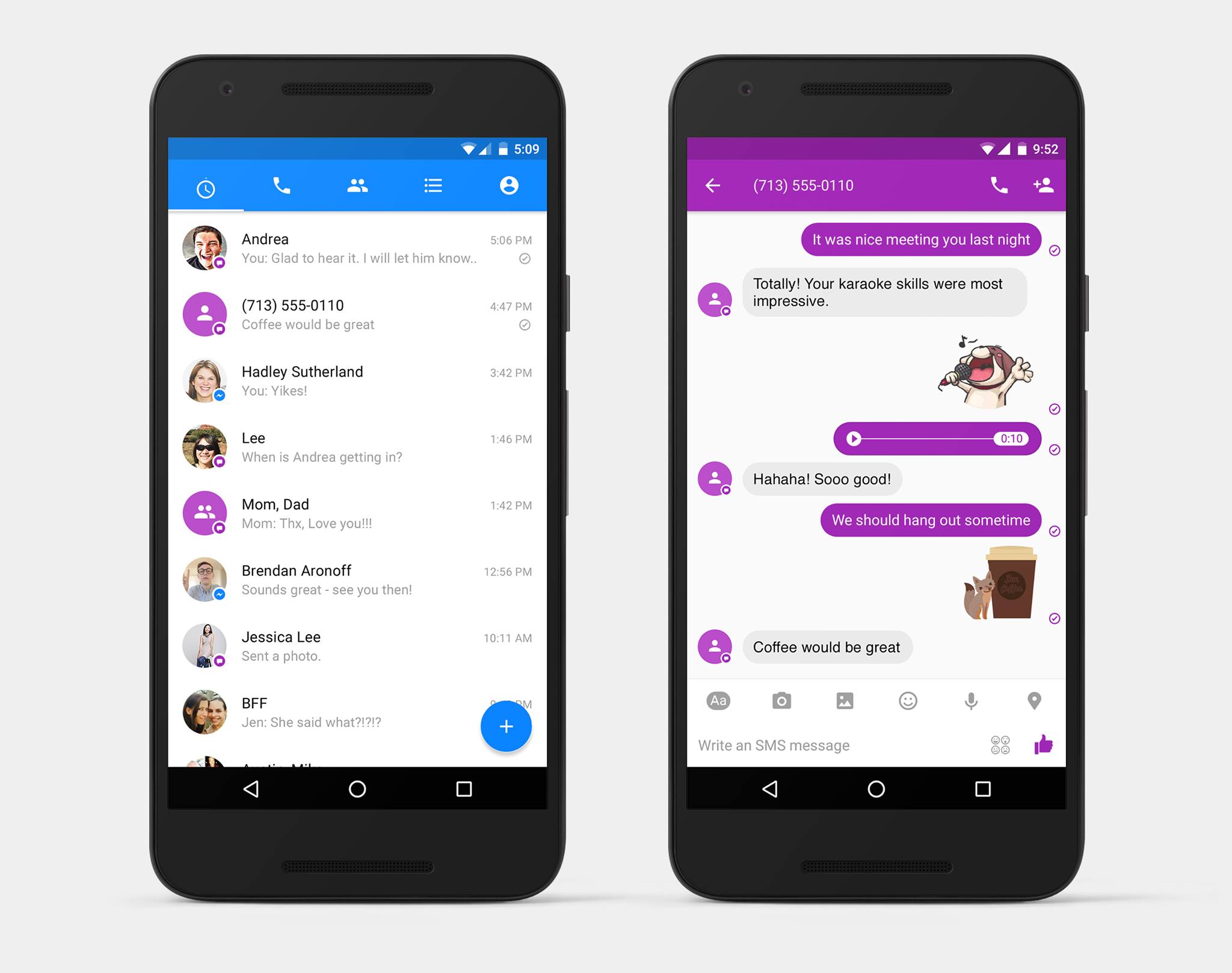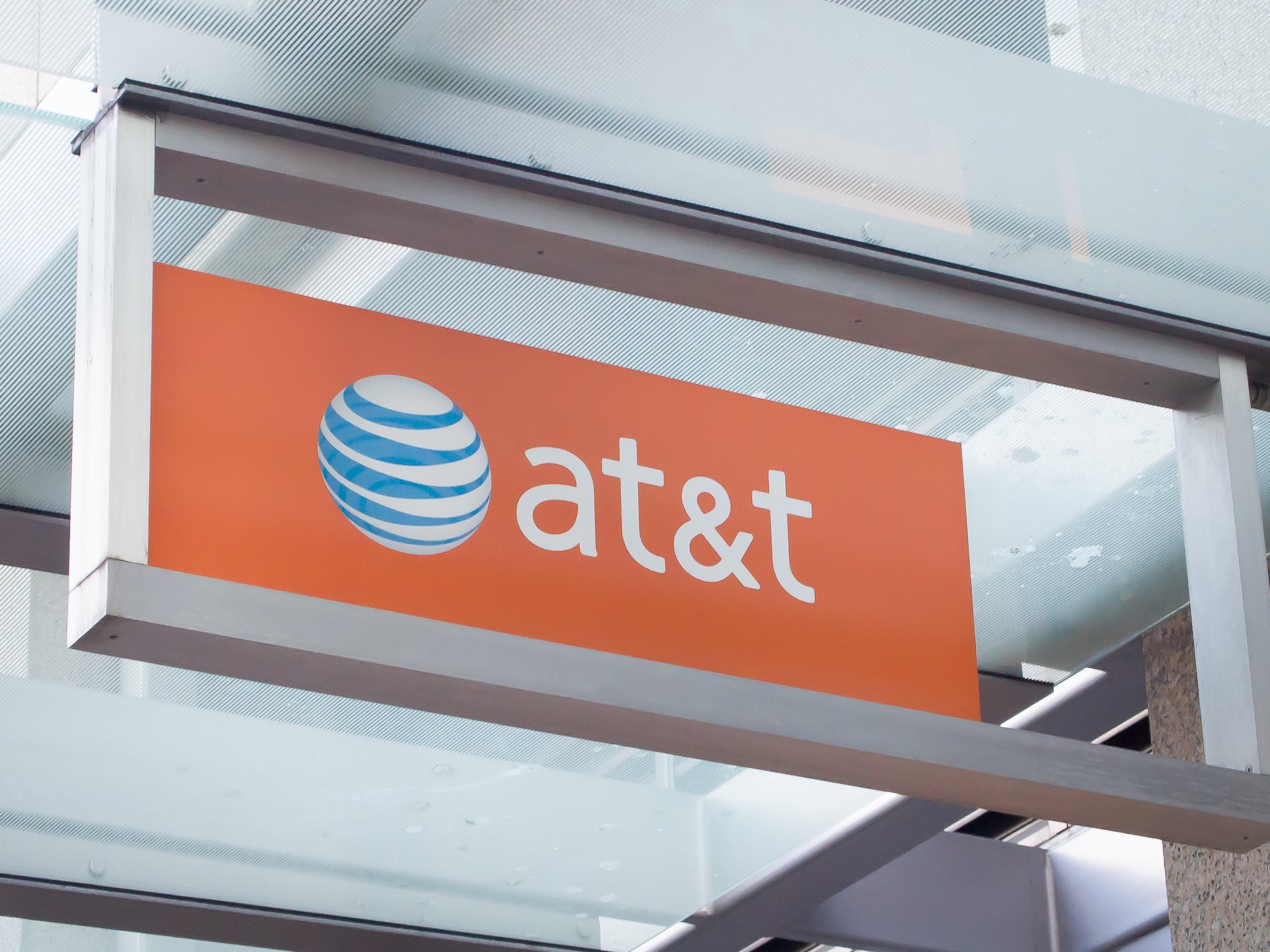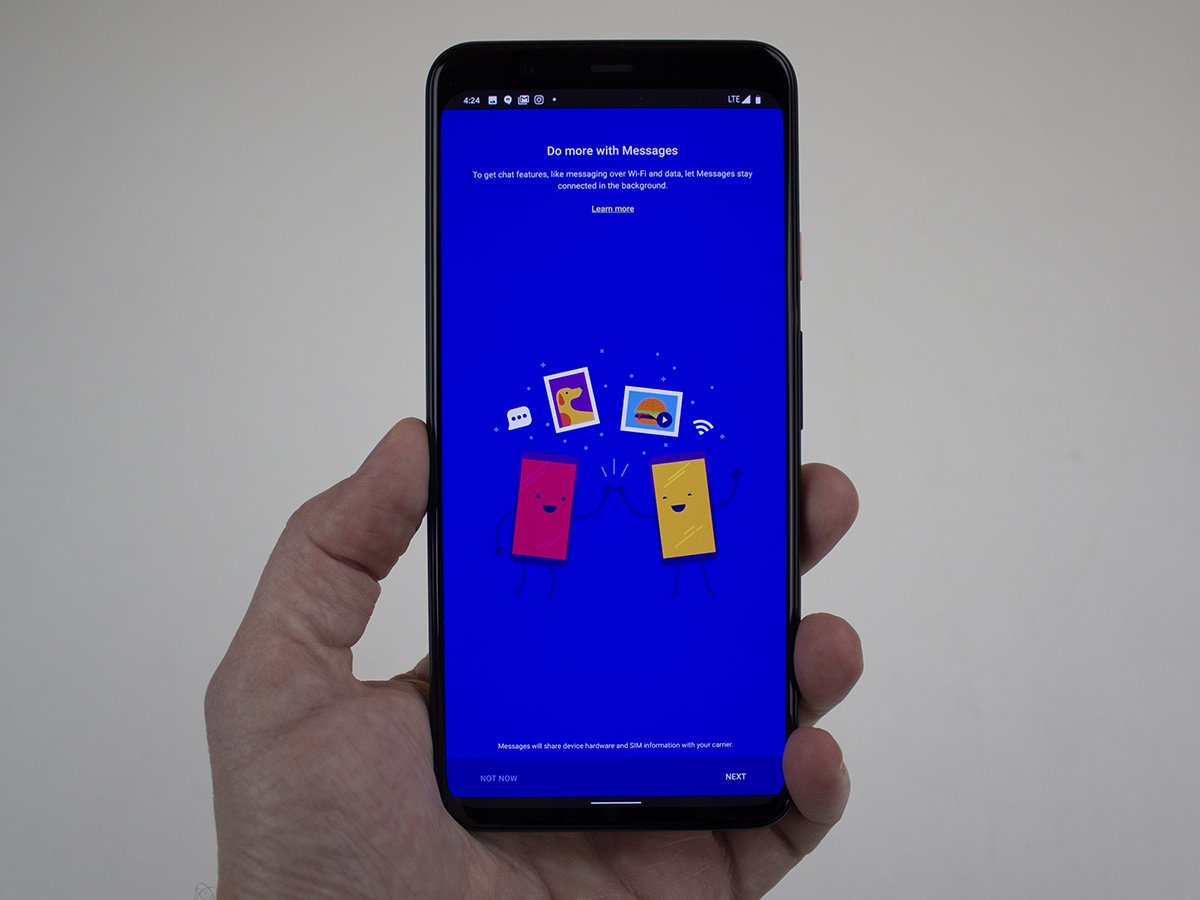We all want a better way to do messaging and calls on our Androids, and RCS is the best way to make it happen.
RCS, or Rich Communication Services, is the latest supposed savior or the disjointed and frustrating world of cross-device messaging. RCS is being pushed heavily by Google, but adopted sparingly by carriers around the world.
But like all things, it helps when you have a basic understanding of what people are talking about. There's plenty of information about RCS out there on the internet, but let's try to sort it all out in one place and talk about what RCS is and why it matters to everyone.
What is RCS?
In a nutshell, RCS is a set of communication standards for SMS, MMS and calling that will make text messages look and feel more like dedicated messaging apps like WhatsApp, Telegram, Facebook Messenger, Google Hangouts and so many others. Basically, it aims to bring "texting" up to the modern standards with features we expect from messaging apps.
In 2007 a group of telecommunication industry companies founded the Rich Communication Suite industry initiative to use new technologies to create inter-operator communication services based on IMS (IP Multimedia Subsystem). Text messages and phone calls generally work well, but they're pretty bland and don't make use of the full capabilities of the network they're being sent on. They had three primary goals:
- Use a better contacts list that included things like more information about your people, if they were available and if they have seen the message you've sent.
- Build a better messaging system that enables extras like instant chat, emojis and sharing data between the people participating.
- Support enhanced calls with features like video calling and data sharing in real time.
That sounds like things your phone already does (and does well) without any new communications standard, but the secret sauce here is that this is all part of your phone service and will work the same way on any phone that can call or send texts, without downloading and signing up for some separate app system.
RCS makes your texting better with rich messages and a great real-time experience with the person you're texting.
The GSM Association (the same folks who run Mobile World Congress every year) thought it was a great idea, too, and formed the RCS Steering committee a year later to push the idea of supporting this to phone carriers all over the world. They've since refined and expanded the standards and have been releasing them under the RCS blanket (RCS now stands for Rich Communication Services) for a while. The technical parts of the standards have adapted and changed, but the core goals remain the same: making phone service have a better way to communicate without adding anything additional from any app stores or carrier download sections.
Unfortunately, there has been a mixed response from carriers and companies making things that connect to them like phones, tablets, and computers.
Which carriers and apps use RCS?
A lot of carriers all over the world use RCS, but not all of them use all of it and provide a service you can use with everyone else. For this to work the way it was designed, all of the carriers involved and all of the devices being used have to support all of the standards. Of course, companies usually only support what makes them money or what they are forced to support, and RCS is no exception.
The U.S. carriers are mostly on board, but the branding and implementation still varies.
The GSMA maintains a list of carriers using RCS around the world. It's impressive when you see some of the biggest carriers in the world listed, but it's also an incredibly short list considering the scale of the entire world of carriers. Remember, this is a tool to make others see how popular RCS is in order to entice them to support it. That means it doesn't tell the whole story. So we're going to.
For starters, since we're based in the U.S., let's talk about our carriers. Verizon, AT&T, T-Mobile, Sprint, US Cellular, Google Fi and some prepaid/regional carriers support RCS. They all have slightly different branding for it, though — some call it RCS, use the "Universal Profile" moniker, or call it "Advanced Messaging" or just "Chat." That makes it a bit confusing ... but once you know your carrier supports it, the rest is (mostly) in your hands.
Carrier support is more important than device level support, but you still need both. Android and iOS both support what you need.
On the device side, Android, iOS, and Windows 10 all can support the full RCS standards when using a compatible app. Chrome and macOS don't offer the same support, which puts another hurdle in front of RCS — Apple would rather keep using iMessage because it works on MacBooks, too. But honestly, device support isn't as big of a problem as network support and even Apple would quickly offer an iMessage replacement that uses RCS if people wanted it and were using it.
On Android, your best shot at making sure your phone is using RCS for messaging is to use Google's own Messages app and force it to use RCS. If you have a popular modern phone from one of the supported carriers, its built-in messaging app probably works with RCS, but those apps aren't always great. Samsung's latest messaging app supports RCS, though, which is the default for a lot of people — and of course, you can always download Messages from the Play Store on any phone.
That means worldwide, a whole lot of people have access to RCS. And a whole lot of people don't have access. For things to work the way the Rich Communication Suite industry initiative intended, everyone needs to support it.
Why is this important for Android?
This is the easy part. RCS is important to Google (and all of its partners) because Apple's iMessage exists.
RCS can make all your texting as good as iMessage.
It's cool to hate on Apple, but if you've ever used iMessage you know what I mean here. Combined with FaceTime, iMessage already offers exactly the things RCS is trying to achieve. Voice and video calls are simple, group chats can be large, and messages are rich with great media sharing, read receipts, typing indicators and everything else. And it uses SMS in tandem with regular data to do it. It's the best SMS app you'll ever use until RCS becomes ubiquitous (if it ever does).
iMessage is probably never coming to Android, so RCS is Google's best hope to bring a great experience to every phone.
Google knows this and it's doing everything it can to get carriers to adopt RCS. Google bought a company called Jibe in February 2016, which is a service that carriers and phone makers and everyone else involved can use that brings everything RCS offers in one compliant package. AT&T or O2 or any other carrier can use Jibe to make phones on their network send and receive messages and calls that offer the same features as iMessage does with anyone else on a carrier that supports RCS. Since about 80% of the phones in the world use Android and can't use iMessage, this is a big deal.
Apple has almost no incentive to bring iMessage to Android. And Google has repeatedly tried and failed to launch its own over-the-top messaging system to compete with it. RCS, when implemented properly, is the best shot Google has at having a proper cross-device iMessage competitor that is as seamless and powerful as Apple's solution.




Tidak ada komentar:
Posting Komentar